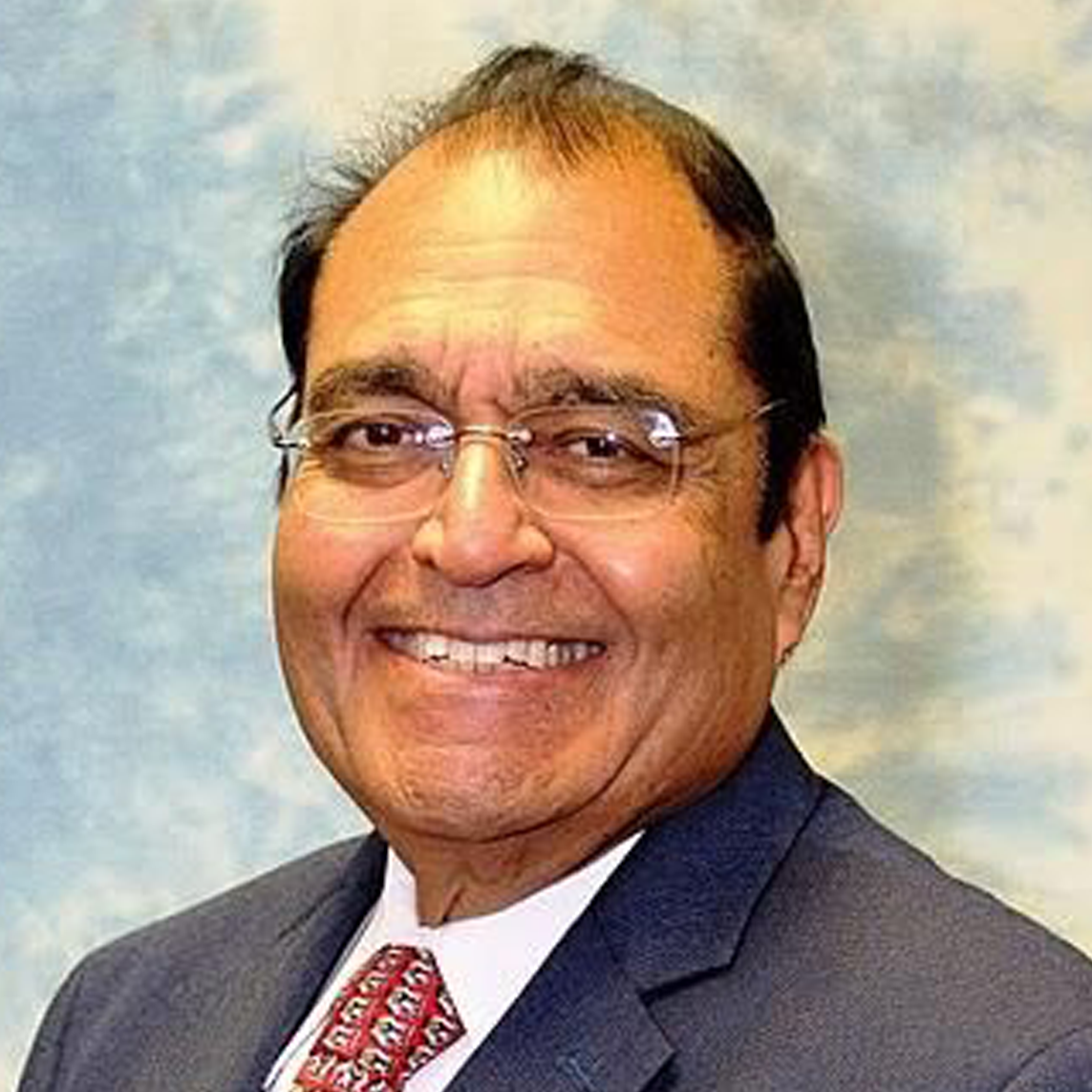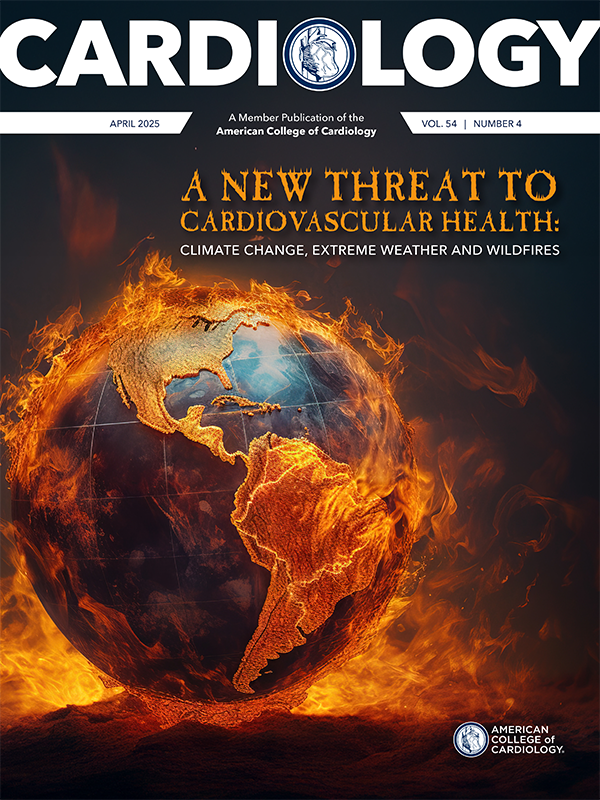Feature | Making A Global Difference: Navin C. Nanda, MD, FACC

Beginning in 2026, the ACC's Distinguished Award for International Service will be named in honor of Navin C. Nanda, MD, FACC, thanks to the support of the American Association of Cardiologists of Indian Origin (AACIO). The award, given annually to an individual who has made significant and enduring contributions to the international cardiovascular community, is one Nanda knows well – receiving the honor himself in 2010.
"It is with great pride that we recognize ACC's decision to establish its prestigious annual International Service Award in Dr. Nanda's name, a testament to his enduring legacy," says AACIO President Rakesh Sharma, MD, FACC. "His groundbreaking work in echocardiography and cardiovascular ultrasound has earned him international recognition. His tireless efforts in mentoring hundreds of physicians worldwide and organizing educational conferences have left a lasting impact."
Cardiology asked Nanda about the award, his many contributions to international service, and his advice for others looking to make a difference in improving heart health worldwide.
Your pioneering work in echocardiography has had a profound impact on cardiovascular care globally. What inspired you to dedicate your career to this field, and what continues to drive your passion?
After training in cardiology in India and the UK, I arrived in Rochester, New York, in 1971, where echocardiography was still in its infancy. At the time, three of the four cardiac valves could be imaged, but the pulmonary valve was considered undetectable due to its presumed location beneath the left lung. However, after attending an autopsy and discussing it with a pathologist, I realized this assumption was incorrect. Encouraged by this insight, my mentor and I successfully imaged the pulmonary valve using contrast echocardiography, a breakthrough that revolutionized the field and led to significant advancements in pediatric echocardiography, including the diagnosis of transposition of the great arteries in newborns.
I remember being called several times in the middle of the night to do echocardiograms on cyanotic newborns, and if I could confirm the diagnosis, the baby underwent lifesaving enlargement of the patent foramen ovale in the cath lab. All this had a major impact on me, and I decided to devote my career to further the development of the field. I was part of many new pioneering developments, including treadmill exercise echocardiography for coronary artery disease, echocardiographic applications in pacing and electrophysiology, and the introduction of color Doppler in the U.S. I also contributed to three-dimensional fetal echocardiography and real-time transesophageal imaging.
Recognized globally as the "Father of Modern Echocardiography," my passion remains fueled by mentoring clinical and research fellows, ensuring that the field continues to evolve and benefit patients worldwide.
You've lived, trained and worked in a number of different countries. Not to mention, you have crossed paths with colleagues across different countries and health care systems. What are some of the most valuable lessons you've learned from these experiences and do you have advice for others?
I was amazed to discover that cardiologists worldwide share the same passion and dedication as those in the U.S., eager to adopt new techniques to improve patient care. When I introduced pulsed Doppler in China in the early 1980s, just after President Nixon's visit, massive crowds attended my lectures, even following me to other cities. Similarly, the introduction of color Doppler sparked great excitement in India, where I was told that Mumbai had more machines than Chicago.
Despite cultural, religious and other diversities and differences, I have found genuine friendships, camaraderie and mutual trust among the many clinicians I have interacted with in many countries and cities. I would suggest visiting and personally interacting with colleagues in many countries throughout the world, exchanging ideas, latest information and taking part in various international cardiology conferences.
What do you see as the biggest challenges in improving heart health worldwide?
The biggest challenges to improving heart health in many countries like Africa, Asia and South America are the economic disparities and lack of good infrastructure to disseminate knowledge and treat patients in remote rural areas where many populations reside. Newer developments such as miniature handheld echo equipment, artificial intelligence, telemedicine consultations and remote robotic surgery may help alleviate some of these challenges.
Looking back on your career, is there a particular moment or achievement in your international work that stands out as especially meaningful?
The most important and meaningful achievement in my career is undoubtedly the designation of the ACC International Service Award in my name. For this, I am most grateful to not only the ACC Board but also the AACIO Executive Committee, especially Dr. Sharma who single-handedly and most determinedly led the efforts to nominate and support me for this most prestigious and premier ACC award.
The inaugural Navin C. Nanda International Service Award will be presented at ACC's Annual Scientific Session in 2026 in New Orleans, LA. The nomination period for all of ACC's 2026 Distinguished Awards will open in early July.
Clinical Topics: Noninvasive Imaging, Echocardiography/Ultrasound
Keywords: Cardiology Magazine, ACC Publications, Delivery of Health Care, Pulmonary Valve, Artificial Intelligence, Echocardiography
